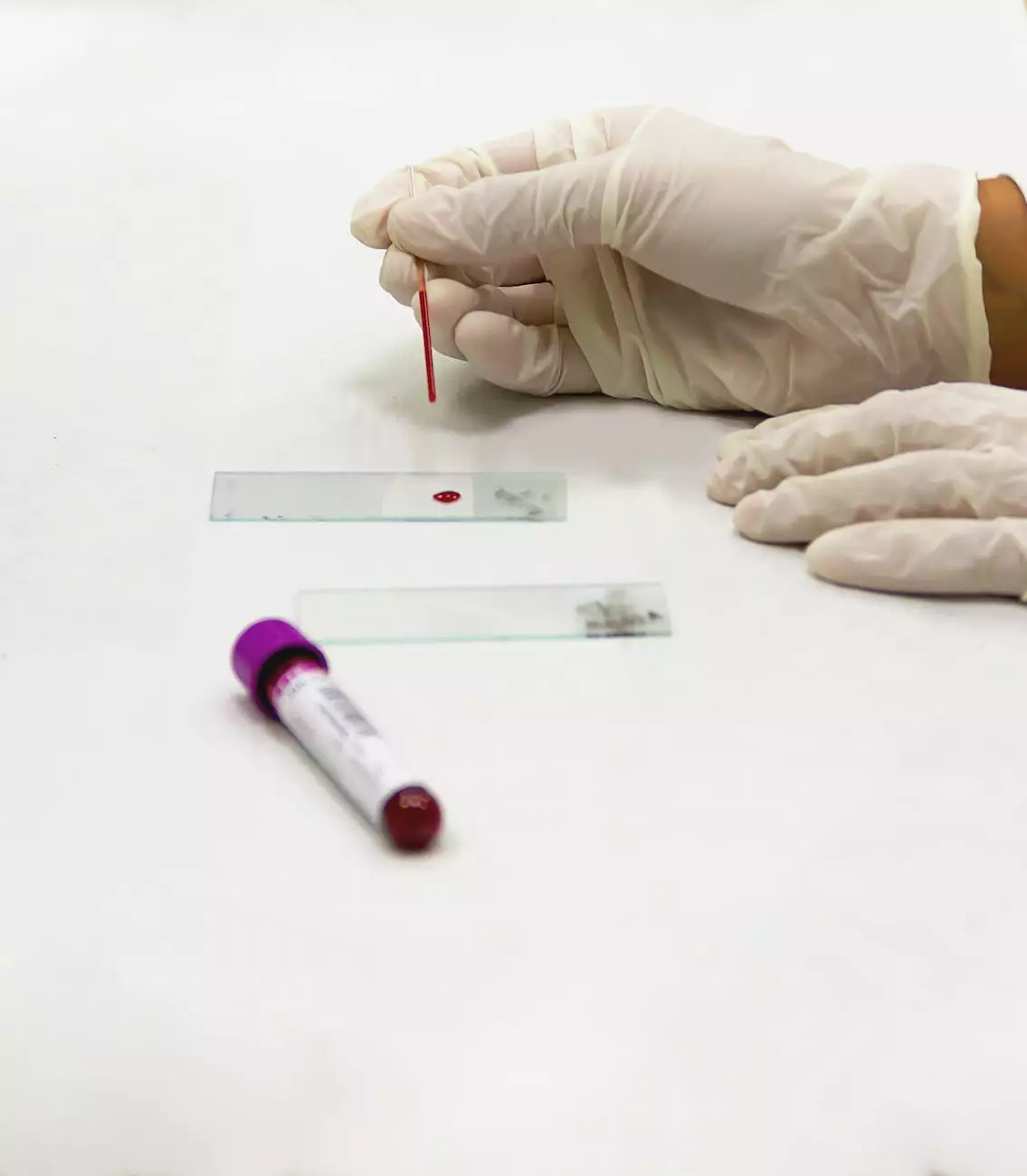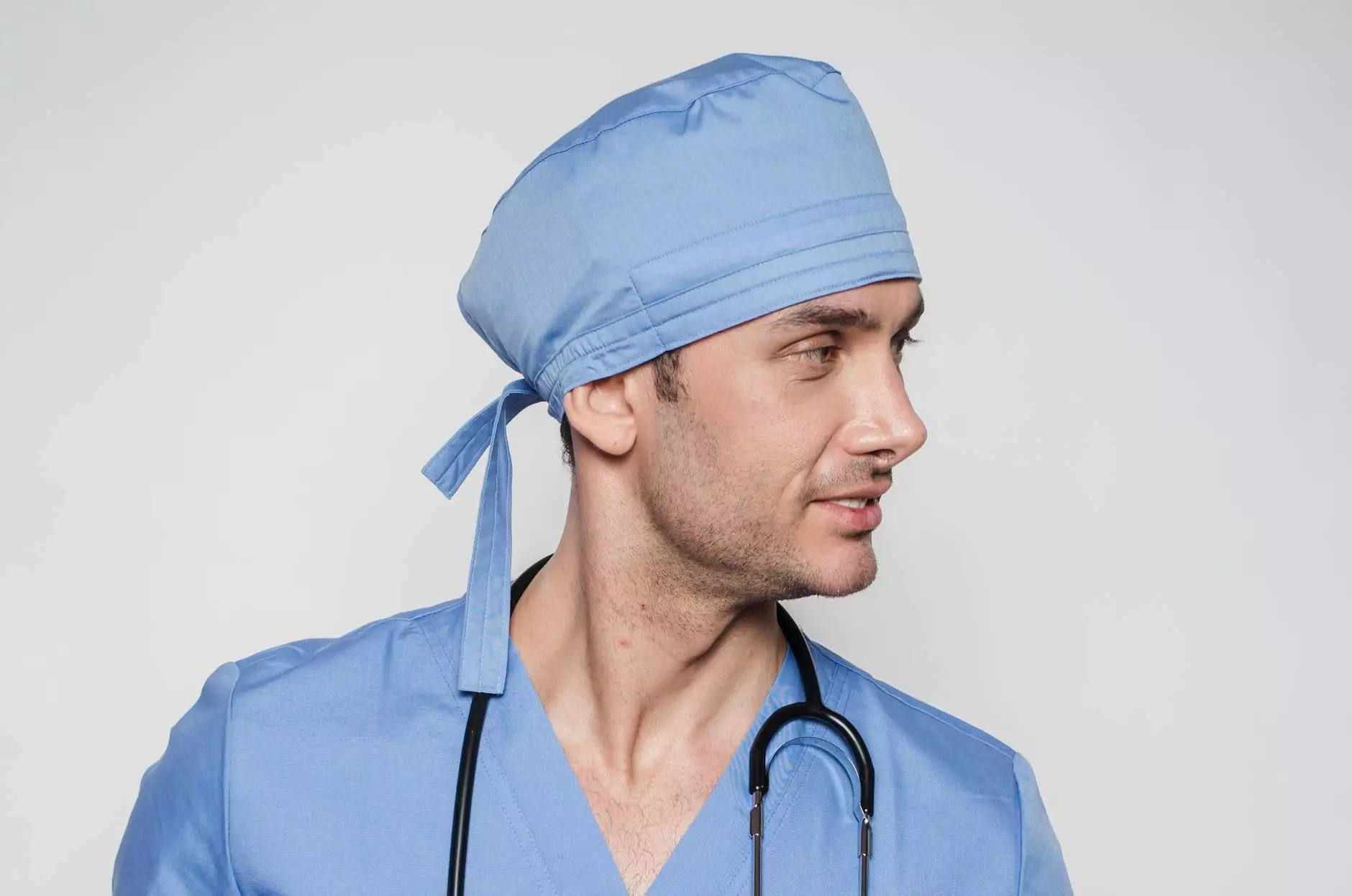Poor Circulation 101 | Learn About the Symptoms of Vein Diseases

Welcome to Bay Regional Medical Center's informative page on poor circulation and its related symptoms. In this comprehensive guide, we will delve into the causes, symptoms, and available treatment options for vein diseases. Our aim is to provide you with a better understanding of poor circulation, empowering you to take control of your health and seek appropriate medical assistance when needed.
Understanding Poor Circulation
Poor circulation, also known as peripheral vascular disease, occurs when there is a compromised blood flow to the extremities, primarily the legs and arms. This condition can lead to a range of symptoms, affecting the overall quality of life of individuals suffering from it.
Causes of Poor Circulation
There are various causes of poor circulation, with the most common being:
- Sedentary Lifestyle: Lack of physical activity and prolonged sitting or standing can negatively affect blood circulation.
- Smoking: The harmful chemicals present in cigarettes contribute to the constriction of blood vessels, leading to reduced blood flow.
- Obesity: Excess weight puts additional pressure on blood vessels, hampering proper blood flow.
- Diabetes: High blood sugar levels can damage blood vessels, causing circulation problems.
Signs and Symptoms
Identifying the signs and symptoms of poor circulation is crucial for early detection and timely treatment. Common symptoms include:
- Numbness or tingling sensation in the extremities
- Swelling in the legs, ankles, or feet
- Varicose veins
- Muscle cramps and weakness
- Slow-healing wounds or ulcers
Treatment Options
At Bay Regional Medical Center, we offer a range of treatment options to manage poor circulation and its associated conditions. Our dedicated team of healthcare professionals will develop a personalized treatment plan based on your specific needs. Some of the commonly recommended treatment options include:
Lifestyle Modifications
Adopting a healthy lifestyle is the cornerstone of managing poor circulation. This includes:
- Incorporating regular exercise into your routine
- Maintaining a balanced diet rich in fruits, vegetables, and whole grains
- Avoiding prolonged periods of sitting or standing
- Quitting smoking
Medications
In certain cases, medications may be prescribed to improve circulation, relieve symptoms, and prevent further complications. Please consult with our healthcare providers to determine the most suitable medication for you.
Minimally Invasive Procedures
For severe cases of poor circulation, where lifestyle modifications and medications may not be sufficient, minimally invasive procedures can provide significant relief. Some of the common procedures we offer include:
- Sclerotherapy: This involves injecting a solution into the affected veins to shrink them and improve blood flow.
- Angioplasty: A procedure where a small balloon is inflated inside a narrowed or blocked blood vessel to restore blood flow.
- Bypass Surgery: In some complex cases, a bypass surgery may be recommended to create an alternate pathway for blood flow.
Preventing Poor Circulation
While poor circulation can be caused by various factors, adopting certain preventive measures can help minimize the risk. These include:
- Regular exercise to promote blood flow
- Maintaining a healthy weight
- Quitting smoking and avoiding second-hand smoke
- Managing medical conditions such as diabetes and high blood pressure
- Wearing compression stockings to aid circulation
Contact Bay Regional Medical Center
At Bay Regional Medical Center, we prioritize your well-being. If you experience any symptoms of poor circulation or have concerns about your vein health, do not hesitate to get in touch with our experienced medical professionals. We are here to provide you with the highest quality care and guide you on your journey towards improved circulation and overall health.
Disclaimer: The information provided on this website is for educational purposes only and should not be used as a substitute for professional medical advice or treatment. Always consult with a healthcare professional regarding any medical condition.










